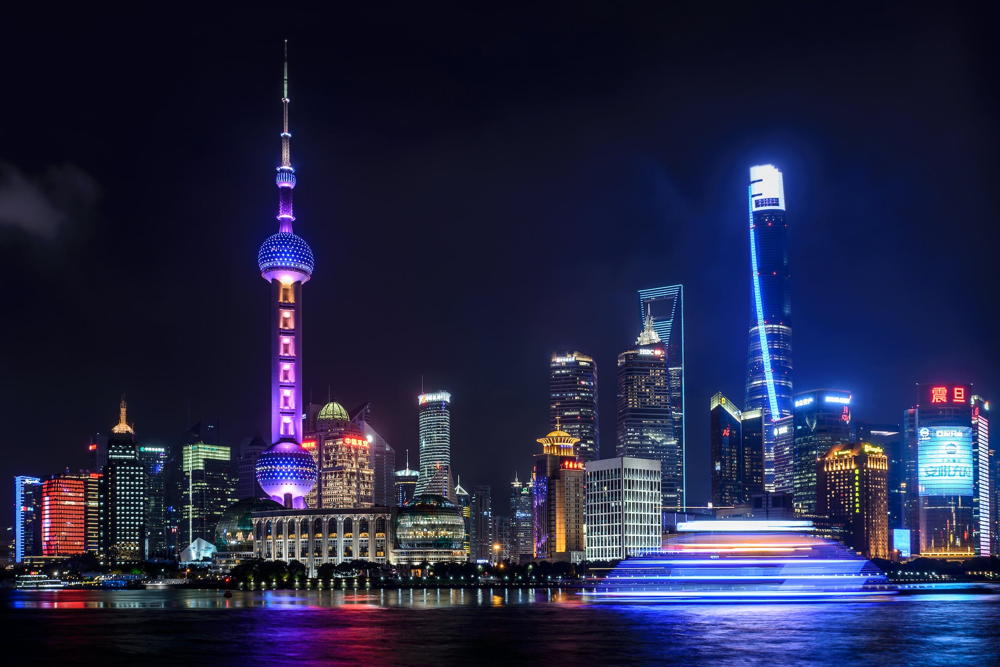China Tech Firms ‘Redouble AI Chip Efforts’ After US Curbs

Chinese tech companies reportedly intensify efforts to convince domestic companies to switch from Nvidia AI chips
Chinese tech companies have reportedly intensified their efforts to compete domestically with Nvidia in the market for artificial intelligence (AI) chips in a bid to take advantage of stricter US export controls announced in October.
Large companies including Huawei and Tencent and smaller firms such as state-backed Hygon Information Technology and startup Iluvatar CoreX are amongst those pitching their chips to domestic tech firms as potential replacements for Nvidia’s AI processors, some of which are banned from sale in China under US controls announced in October 2022 and October 2023, Reuters reported, citing unnamed sources.
Huawei is seen as making the most progress, with its Ascend 910B chip comparable in computing power to Nvidia’s A100 although not in overall performance, the report said.
It said Tencent and smaller companies are accelerating chip product launches and organising more marketing visits in order to attract business from firms that might no longer see Nvidia as a reliable bet.
Competition
The US curbs currently affect only Nvidia’s most powerful chips, but US regulators have made it clear they want to control any processors that might aid China’s AI industry.
Tencent has been pushing cloud services that use its AI inference chip Zixiao developed with deep learning startup Enflame and which it says has comparable performance to some Nvidia chips, Reuters said.
The company is reportedly marketing the Xixiao v1 variant as a cheaper substitute for Nvidia’s A10, used for image and speech recognition AI applications, and the upcoming v2Pro variant as being comparable to Nvidia’s blocked L40S chip.
Tencent-backed Enflame has been marketing upgrades of its Yansui AI training accelerator chip as a substitute for Nvidia’s A100, while Iluvatar CoreX has been doing the same with a coming generation of its Tiangai GPU, the report said.

Nvidia uncertainty
Hygon has been marketing its new GPU Shensuan No. 2 as compatible with Nvidia’s CUDA platform, making it easier to switch to its chips with minimal design changes.
Startup Intellifusion, which announced its Deepedge 10 chip last month to compete with Nvidia’s H20 chip, designed for sale in China in compliance with the new export controls, brought forward the announcement to capitalise on the uncertainty around Nvidia, the report said.
Intellifusion is now licensing the chip to clients although it has yet to be mass produced.
Research firm GlobalData suggested China’s AI companies may struggle to compete with US firms such as OpenAI next year due to their constrained access to high-end GPUs.
Domestic boost
But Nori Chiou, investment director at White Oak Capital, said the curbs appear to be stimulating China’s domestic AI chip development.
“The (United States’) original goal was to slow down China’s AI capabilities but, in fact, related action has boosted China’s self-development capability,” he said.